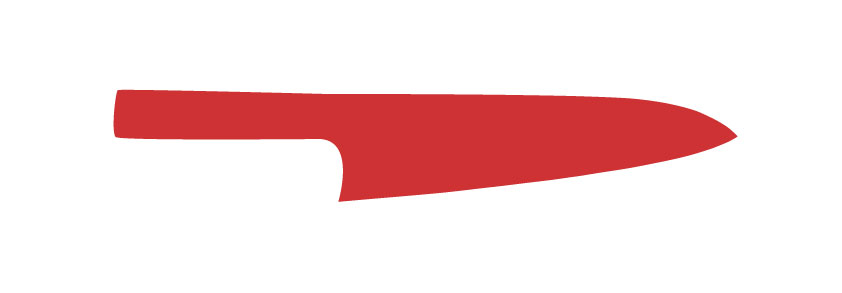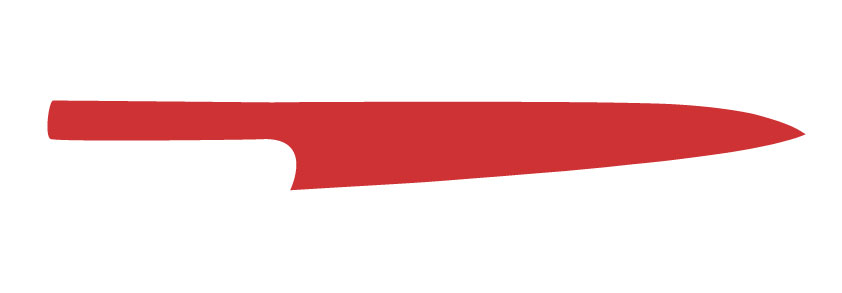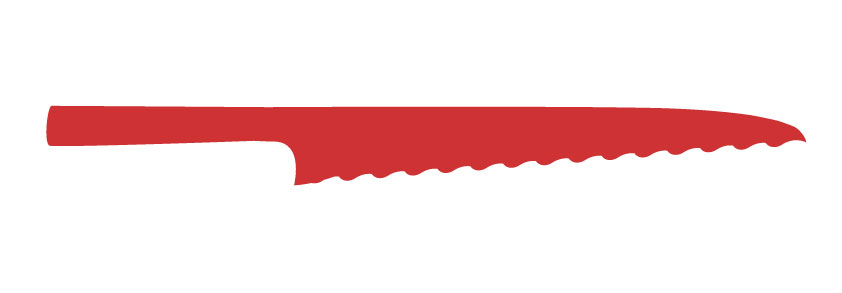- Knives
- Tools
- Engraving
- Giftcards
- Book
- Sharpening Box
- Shop
- Workshop
- Info
Your cart is currently empty
This question and questions such as 'which knife is the best?' And 'which knives do you need in the kitchen?', Can best be answered if you know which types of knives there are and for which use these knives are best suited . One knife is more suitable for cutting vegetables, the other knife is especially suitable for cutting meat. To find out which knife suits you best, you will first have to consider what you will use the knife most for.
Under the header "Knives" you will find our renowned houses and knife makers that are imported directly from Japan by us.
Below you can see which different types of Japanese knives you can buy in this webshop. If you want to compare a particular model in the different makes, search for: "Gyuto".

The Gyuto knife is the Japanese answer to the Western chef's knife. In terms of shape, the knife is very similar to Western ones, but Gyuto knives generally have a lighter and thinner blade. The handle often has a western character (yo-style) and is oval-rounded. The blade has a somewhat 'round belly' and has a pointed tip. The Gyuto knife is an all-purpose knife.

The Santoku knife is a popular Japanese knife. It is a versatile knife and can be used for cutting meat, fish and vegetables. In addition, the knife can also be used in different ways: it can be used for fine cutting and fine chopping of herbs, for example. Santoku stands for the three virtues: meat, fish and vegetables. An all-purpose knife, actually designed for the US home market, but also appreciated in the professional kitchen. The knife is sharpened on both sides.

Nakiri knives are intended for cutting vegetables. These western handled knives are sharpened on both sides. The Nakiri has a thin blade, so it cuts well through vegetables.

The term "petty" is given to small knives (this term may well be derived from the French word for small "petit"). They are light and easy to control.

The Sujihiki model is actually a slicer, a meat or fish knife with a long blade. The thin, narrow blade cuts easily through meat and fish, ideal for portioning.

Although almost no use is made of wheat, bread and yeast-proofed products in Japanese cuisine, Ryusen has designed a bread knife especially for the Western market. In the Tanganryu series, the bread knife handle is made of Micarta, walnut or maple wood.